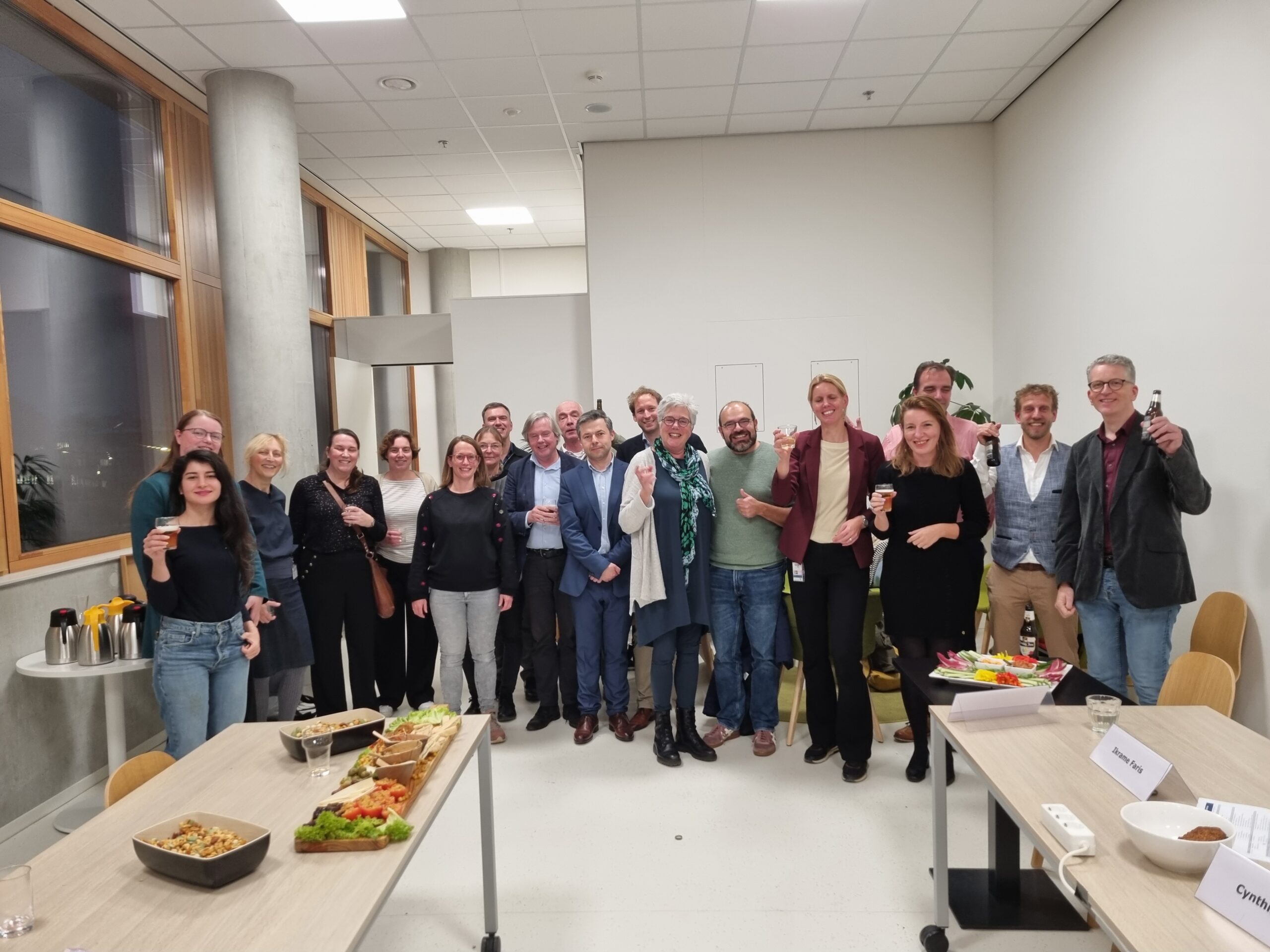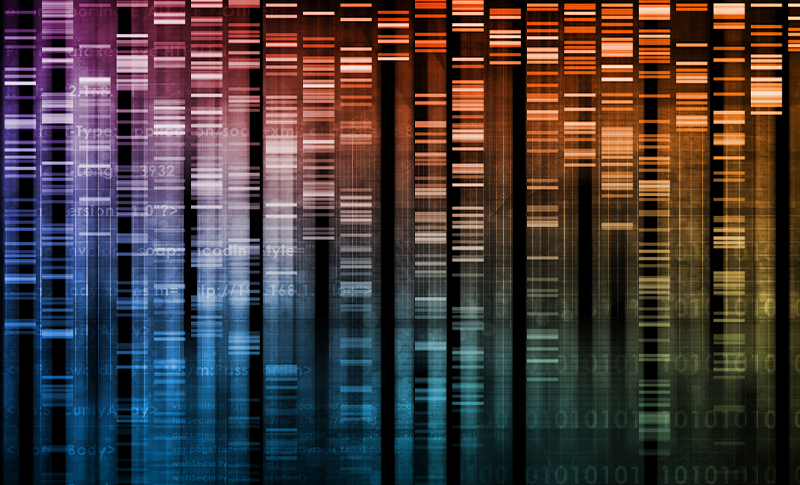Plans for a new bachelor programme focusing on data science within the WUR domain were divulged in 2023. WUR’s codetermination council approved the plans in March, and The Hague has also given the green light. The plans made it through the so-called macro-efficacy test.
The final hurdle is to be taken in the fall when the Accreditation Organisation of the Netherlands and Flanders (Nederlands-Vlaamse Accreditatieorganisatie, NVAO) assesses the new programme’s curriculum. Two questions are central to the macro-efficacy check: does the employment market need graduates of the new programme, and is launching this new programme necessary? In short, is there room for the programme to be included within the Dutch range of education?
WUR’s proposal made it through the check, although it was somewhat tense, says Irene Faas, education policy officer for the new programme. ‘The macro-efficacy check’s procedure was intensified last summer. While almost all programmes were accepted before, an increased number is rejected since this change. Adding to that, we want to offer this programme in Dutch and English while there is currently a heated political debate on English-spoken education in the Netherlands. But, we made it.’
Global challenges
The new programme had several different working titles, such as Data Science for Life Sciences and Data Science for Agri-Food, Health and Environment. The executive board decided on the name Data Science for Global Challenges last Monday.
‘With that hurdle taken, we can now submit the dossier to the NVAO, which will scrutinise the programme’, Faas says. ‘We will then have a visitation by an expert panel from the NVAO in the fall, during which we will have to prove that the programme’s quality and degree-worthiness are on par.’ In general, visitations at WUR are successful, Faas states. ‘The programme is expected to launch in September 2025. Should the NVAO decide negatively, we will have to revisit the curriculum, redevelop some courses and resubmit a request for the efficacy check. That would set us back at least two years. Luckily, this scenario is highly unlikely.’

 Photo Shutterstock
Photo Shutterstock 

